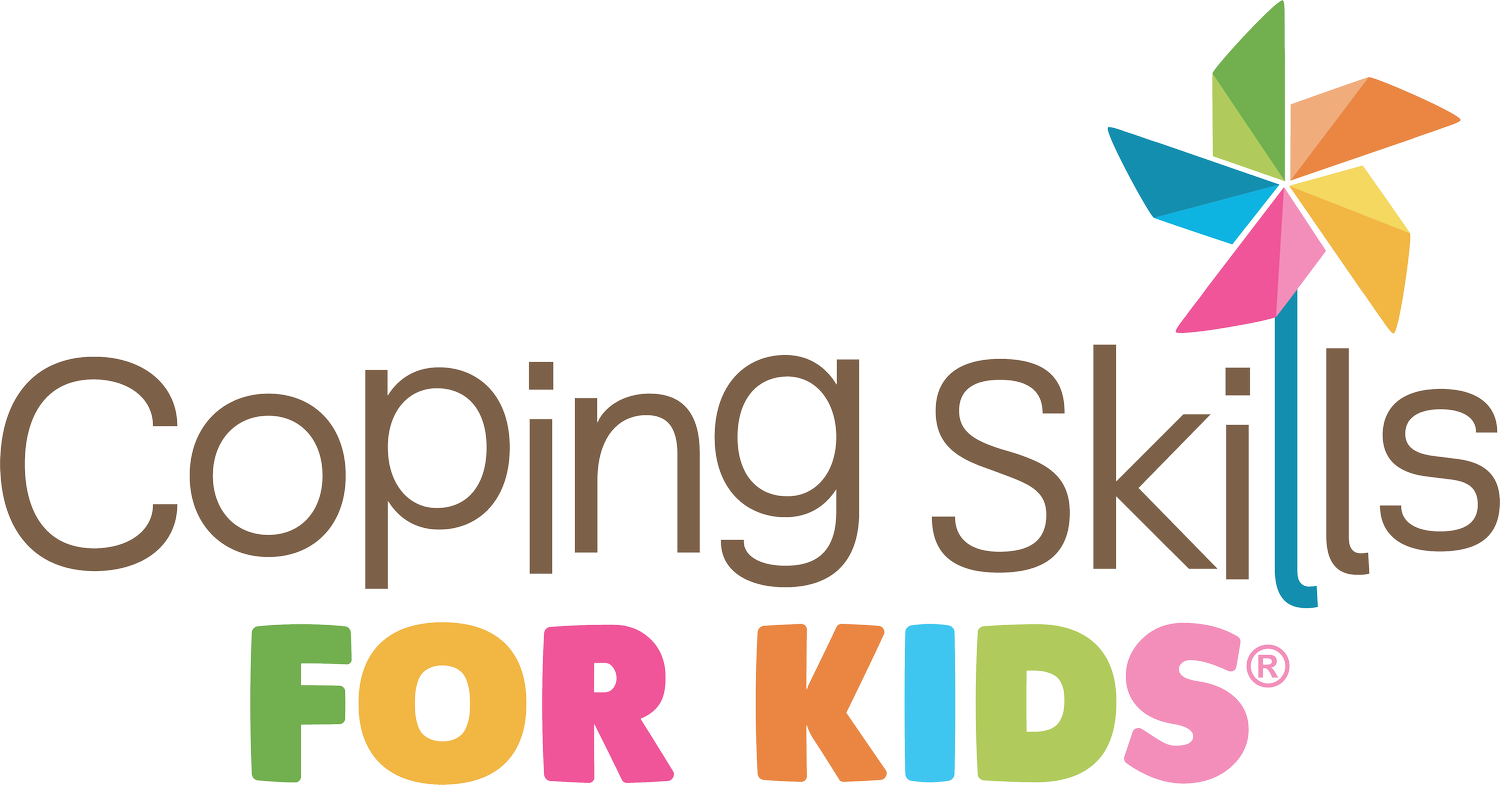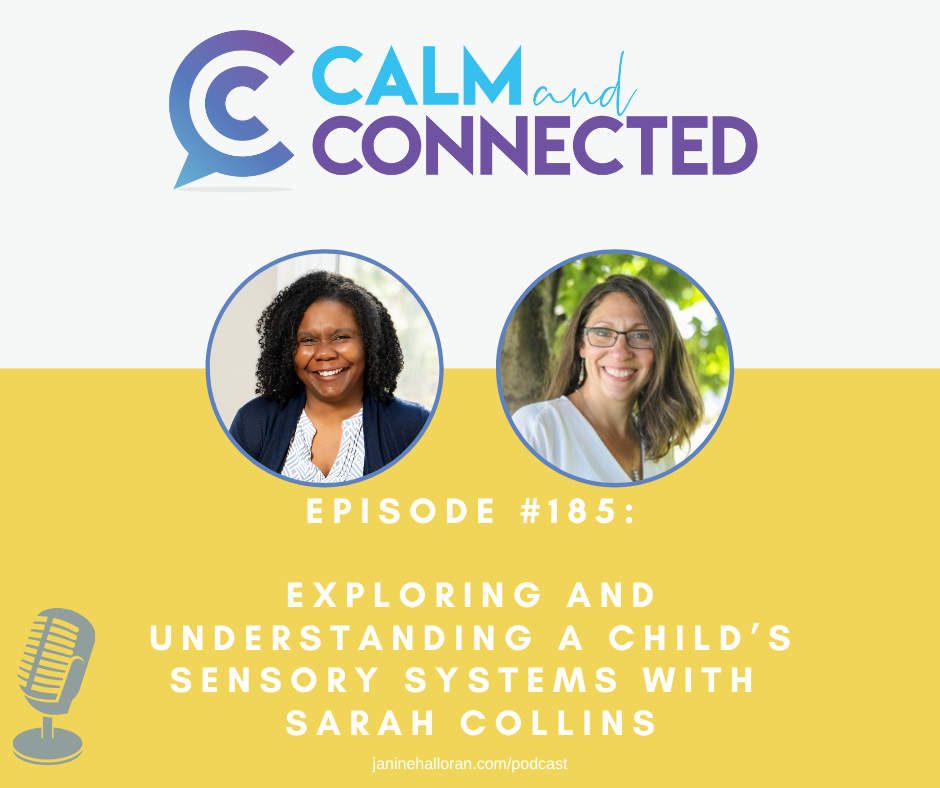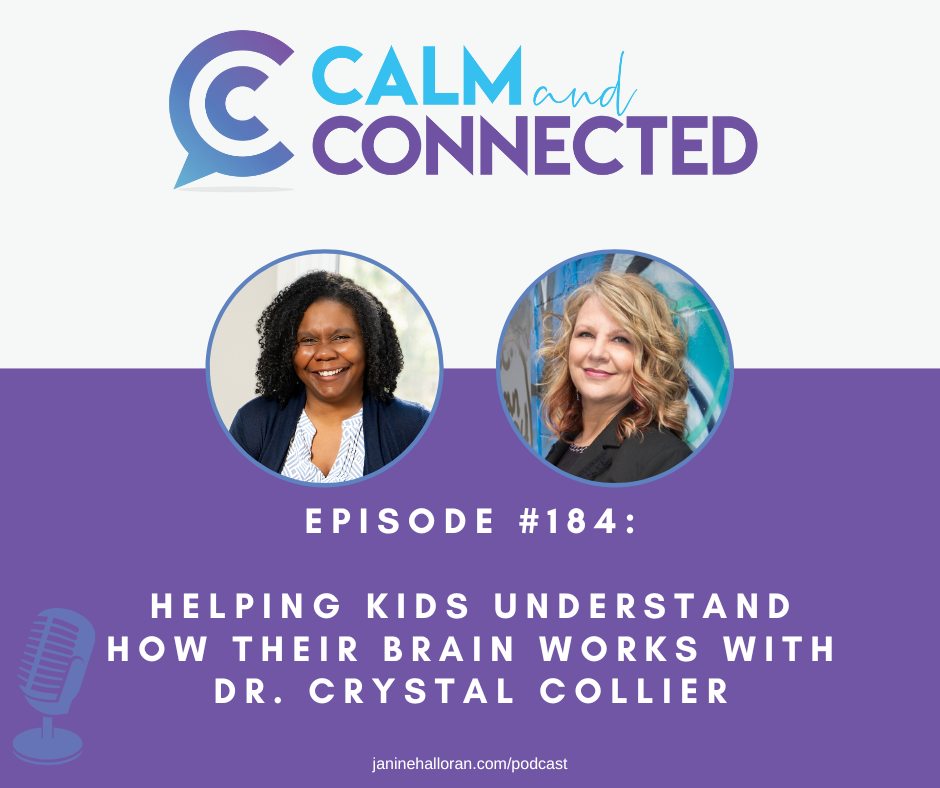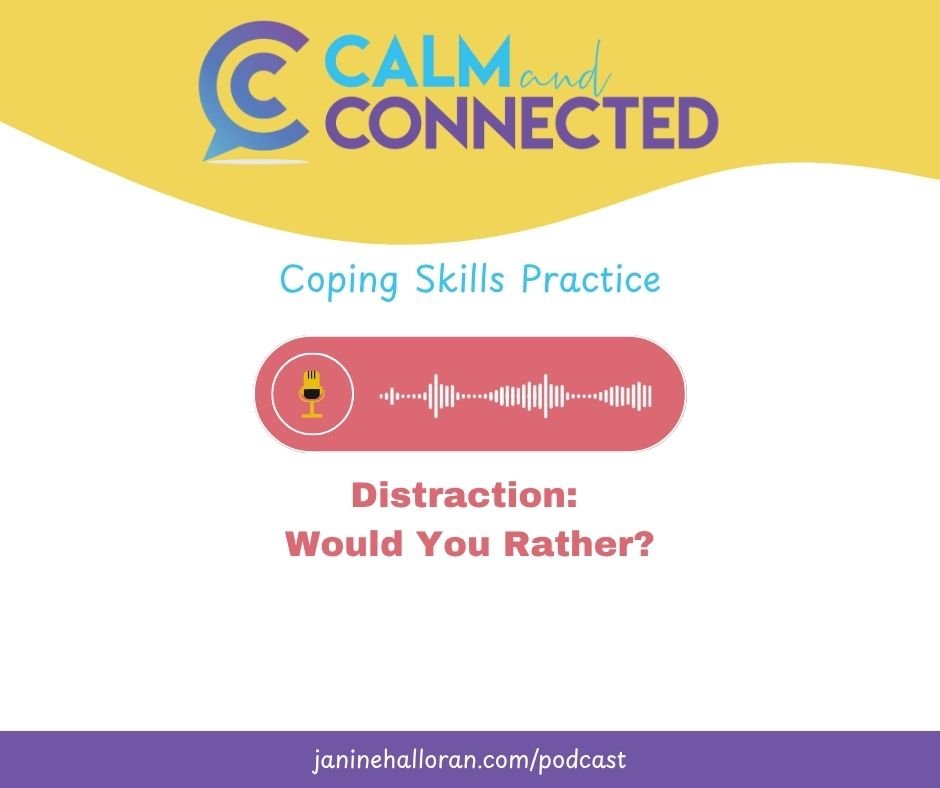Wouldn’t it be nice if your child came up to you and said “Mom, I’m quite stressed about my quiz on Friday” or “I’m really anxious about my piano recital”.
While that would be super helpful, most kids don’t have the language to express themselves that clearly. Instead, it’s up to us to be stress and anxiety detectives with our children. But what are you looking for and what do you do when you do see it?
What should I be looking out for?
Look for changes in their typical behaviors. Pay attention to the signals your child may be sending you. Keep an eye out, and keep track of what you notice over a few days. Things to monitor:
Eating Habits - are they eating more than normal? Less?
Sleeping Habits - Are they suddenly not sleeping, or waking up frequently during the night? Are they having nightmares or bad dreams? Are they wetting the bed?
School Performance - Have their grades suddenly taken a dip? Are they not getting in their assignments?
Changes in Behaviors - Are they acting out at home or at school? Are they getting into fights with friends? Are they talking back more frequently than normal?
Moods - Do they seem sad or angry or easily irritable?
Somatic Complaints - Are they saying their stomach hurts, or they have a headache, or they feel sick with no other signs of illness?
Keep in mind that everyone has bad days. However, when you start to see multiple symptoms happening over a few days, then it’s time to check in with your child.
Questions you can ask:
If you’ve noticed some changes, and you’re starting to get worried, talk about it with your child. During a calm moment, take them to the side, and have a brief chat, just the two of you. They may or may not share anything, but you’ll never know unless you try. A couple of ideas to get you started:
I’ve noticed _________. How are you feeling these days?
I’ve seen that ____________. Has anything changed recently?
I just wanted to check in because you seem a little different recently. How’s everything going with you?
Focus on ways to cope.
Help them figure out what they can do when they are feeling sad, anxious or worried about something.
Use the Coping Skills Checklist as a jumping off point to figure out things your child can do to cope with stress. Check the ones that already work for them, cross off the ones that don’t and circle the ones to try.
There’s also the Coping Cue Cards™, which are card decks have tons of coping strategies, which can be used at home, at school or on the go. Divided by the 5 Coping Styles, these decks bring order to the mountain of ideas for coping strategies that work for kids and is designed to work at both school and home. They’re beautifully illustrated and help kids explore their coping skills in a visual way.
Here’s a fantastic resource with 21 Emotional Regulation Worksheets & Strategies
Make a Coping Skills Toolkit
Create a ready to go kit they can use at any time they are feeling stressed or overwhelmed. Learn more about how to make one by clicking the image below:
Make a Calm Down Spot at Home
Kids and teens benefit from having a space where they can calm down and chill out too. A calm down spot can be created at home or at school. Lots of schools at all levels are integrating calm corners/calm down spaces/take a break spots, etc. Here’s information on how to create a calm down spot.
Spend some time together
Sometimes, all it takes is a little down time together to reconnect as a family and reset. Go to the movies, watch a game together, draw something or go for a walk. Take time to relax and see if that makes a difference.
When should I seek more help?
You’ve tried some interventions and nothing seems to be working, then it’s time to reach out for more help. In particular, if you’ve noticed these symptoms, then it’s time to start creating a support system foryour child and your family.
Feeling very sad or withdrawn for more than 2 weeks (e.g., crying regularly, feeling fatigued, feeling unmotivated).
Out-of-control, risk-taking behaviors that can cause harm to self or others.
Sudden overwhelming fear for no reason, sometimes with a racing heart, physical discomfort, or fast breathing.
Not eating, throwing up, significant weight loss or gain.
Severe mood swings that cause problems in relationships.
Repeated use of drugs or alcohol.
Drastic changes in behavior, personality or sleeping habits (e.g., waking up early and acting agitated).
Extreme difficulty in concentrating or staying still that can lead to failure in school.
Intense worries or fears that get in the way of daily activities like hanging out with friends or going to classes.
Talk of self-harm or hurting others
How and where to find help:
Get a Therapist
If you feel like your child needs more help, please seek support for them by finding a therapist. A few good places to start:
Your Pediatrician’s Office: They may have therapists they recommend and refer patients to regularly.
Your child’s school counselor: They may have a list of therapists they know and recommend.
Your Insurance Provider’s Website: You will know that you are already covered to see that therapist if you start on your own insurance provider’s website.
Online directories: There are a few online directories where you can search by zip code, by city, or specialty, and get a list of all the licensed therapists in your area.
If your child needs more immediate help…
Call 911.
Let them know what’s going on and they can help direct you on next steps to take.
Go to the nearest emergency room.
Call a Local Crisis Team
Search “crisis team” and your location, and you should be able to get information about where you can go. Ideally, do this research before a problem arises, put the number in your phone or in an easy to access place so you can use it when you need it.
In Massachusetts, call 877-382-1609, enter your zip code and you’ll get information on which crisis teams are in your area.
Call an emergency hotline
Suicide Prevention Lifeline - 1-800-273-8255
They also have chat available - http://chat.suicidepreventionlifeline.org/GetHelp/LifelineChat.aspx
Text the Crisis Text Line
Crisis Text Line (US only) text 741741
http://www.crisistextline.org/how-it-works/
Find a community who understands
Peer to Peer Support is so helpful for families. You can get questions answered by families who are coping with similar issues. The National Alliance on Mental Illness has local chapters all over the US and provides family-to-family support.
Facebook groups are a wonderful place to get support. Groups like Surviving the Storm, Happy Sensitive Kids Community and Support for Sensory Needs are supportive and helpful groups where you can get information, ideas and suggestions. If there isn’t one in your area, start one!
Take care of yourself
One of the best ways for you to help support your child is to learn about your own ways of coping, and teach them by example. You are your child’s first teacher. Show them how you deal with the stressors you face, talk about it, and encourage them to practice with you.
Here are some great articles to help you take care of yourself:
Self Care For People with No Time for Self Care - http://mindfulartstudio.com/self-care-in-no-time/
Self Care Ideas from Good Therapy - http://www.goodtherapy.org/blog/134-activities-to-add-to-your-self-care-plan/
Self Care Ideas from Tiny Buddha - http://tinybuddha.com/blog/45-simple-self-care-practices-for-a-healthy-mind-body-and-soul/













